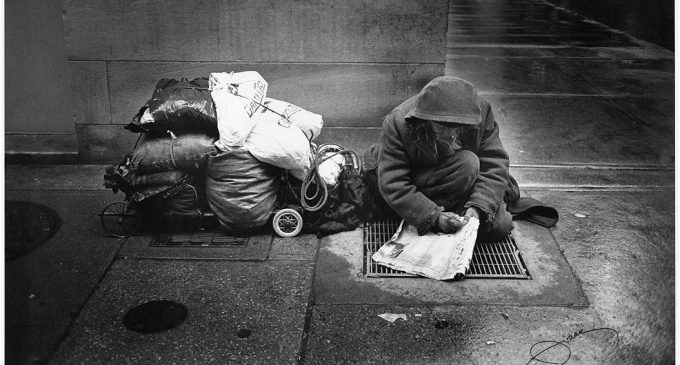91% of rental properties beyond reach of Rent Supplement/HAP payments

91% of [630] properties available to rent are beyond the reach of people dependent on state housing benefits, the Locked Out of the Market snapshot study by the Simon Communities in Ireland has found. Only one of these properties were available to rent for a single person within Rent Supplement/Housing Assistance Payment (HAP) limits and only two properties were available to couples within these limits over the three-day study period. Overall, the number of rental properties on the market has dropped significantly; crucially, the number available to people in receipt of state housing payments has decreased to just 9% of all properties, indicating an increasing gap between Rent Supplement/HAP limits and market rents.
‘Locked Out of the Market VII: The Gap between Rent Supplement/HAP Limits and Market Rents’ was conducted over three consecutive days – 1st, 2nd and 3rd of August 2017.
Rents have increased nationally by 13.4%, in the year to March 2017, according to Daft.ie. Locked Out of the Market VII found that there were 630 properties to rent over the August 2017 snapshot period in eleven locations. This is a fall of 45% from 1,150 homes available to rent in May 2015 when the first Locked Out of the Market study was undertaken.
Niamh Randall, National Spokesperson for the Simon Communities in Ireland said that the Government must monitor and review housing payments twice a year to keep pace with market rents.
‘The once off increase in Rent Supplement/HAP limits in July 2016 provided brief respite for people on Rent Supplement/Housing Assistant Payment. However, this increase has not allowed these payments to keep pace with market rents with 91% of properties on the market seeking rents above the limits of these payments. While discretionary uplifts are available, these are managed on a case-by-case basis, which is not an adequate policy solution. It is also extremely stressful for families and individuals and resource-intensive to undertake. People who are single fared very badly with only one property falling within rent supplement/HAP limits for a single person available to rent across the 11 locations There were just two properties available for a couple.
“Nearly 8,000 people remain trapped in emergency accommodation; they are locked out of the private rented market because rents are too high and supply is too low. In the absence of enough social housing, it is often their only option of finding a home. Yet the private rented sector is not capable of delivering the housing needed to respond given the sheer scale of this housing and homeless crisis. The gap between housing benefit payments and market rents is too wide for people who are struggling, people who are homeless or at risk of becoming homeless. The sustainable long-term solution to ending the current crisis is to build more social and affordable housing.”
She added that Rebuilding Ireland is moving far too slowly. ‘The review of Rebuilding Ireland, currently underway, must critically assess implementation to date, exploring progress made and, crucially, targets not reached since the publication of the plan in July 2016. The focus must be on preventing people from losing the homes they already have, making sure people and families do not remain trapped in emergency accommodation long term. The Government must address spiralling rents and the absence of sufficient security of tenure further. Loopholes in existing legislation must be closed, restricting landlords with more than three properties from invoking Section 34 of the Residential Tenancies Act to issue notice of termination to tenants. In addition, to address the issue of unreasonable deposits being requested at the commencement of tenancies, we must legislate for a statutory maximum of one month’s deposit to be paid at the commencement of a new tenancy.
‘The Simon Communities are calling for a cross-departmental National Homelessness Sub-Strategy, under Rebuilding Ireland, with ring fenced funding for implementation. This sub-strategy would build upon existing commitments contained in Rebuilding Ireland including prevention, nationwide implementation of Housing First and addressing multiple and complex needs. People experiencing homelessness and housing instability need to be a top priority for this government.”
The Simon Communities deliver supports and services to over 8,300 people and families who experience or are at risk of homelessness every year.







